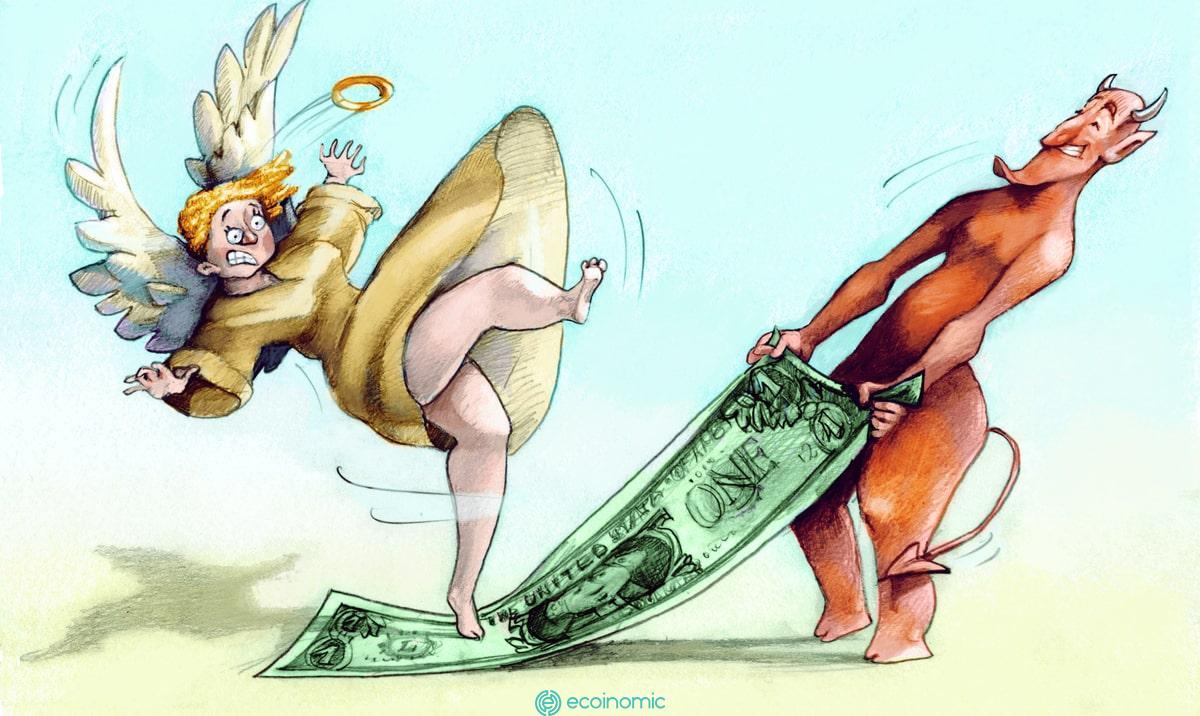Advertisement
A new report by Elliptic shows an incredible number of NFTs stolen through countless exploits and scams.
An extensive report recently published by cryptocurrency auditing firm Elliptic shows that the widespread promotion of NFT projects has been a source of criminal behavior by cyber criminals. This has warned consumers to be cautious about their assets.
In fraudulent projects, NFT theft, plagiarism, market manipulation, and rug pulls, the total value of financial crimes related to NFT trading amounts to more than $100 million, with an average of $300K per case. So far, July 2022 has been the most profitable month for cybercriminals, with over 4600 NFTs stolen.
🚨Over $100 million worth of NFTs were publicly reported as stolen through scams between July 2021 and July 2022, netting perpetrators $300,000 per scam on average.
Head to https://t.co/u6iPLjXgpR to read our NFTs and Financial Crime Report.#nft #crypto #aml— elliptic (@elliptic) August 24, 2022
Scams cause a lot of trouble
More than half of the aforementioned figure, exactly $69.5 million is the value of NFTs stolen by various methods. The majority of these thefts are carried out through Phishing attacks.
80.1% of stolen digital artworks are acquired via e-mail and social media-based scams. The rest are done through swap scams, impersonation scams, and other methods.
The fact is that some scams either spread free NFTs or sell inexpensive NFTs, often in a format that .svg works to give bad actors access to users’ wallets after the NFT is received. In some cases, revealing the IP addresses of recipients of free NFTs is also what causes them to fall victim to scams.
Rug Pulls will never go away
Although 2017 is long gone, rug pulls have never faded. However, not all NFT rug pulls over the past year have started to be harmful.
While there are plenty of bad actors in the NFT space, many of the rug pulls that have taken place over the past year have been projects started by honest developers. However, they were overzealous and in the face of the fact that their efforts at distribution were in vain, they decided to scam their own project and run away.

Rug pulls over the past year have been relatively inefficient, with a few scammers making only a few thousand dollars before moving on to the next unlucky victims. However, there were some exceptions, such as the failure of Evolved Apes, which led to the first scammers raking in nearly $2.5 million from the BAYC project.
Personal Asset Protection (NFT)
Scam tactics in the NFT world include money laundering transactions, constantly selling something between two or more parties to raise prices, manipulating the market using a celebrity’s influence over their community, and extortion aimed at the developers of a project.
The report concludes with a number of recommendations aimed at users who want to protect themselves from becoming a victim and warns readers that future scams may occur in unprecedented places. The most important thing is that users need to know how to protect their personal assets from scams.
















